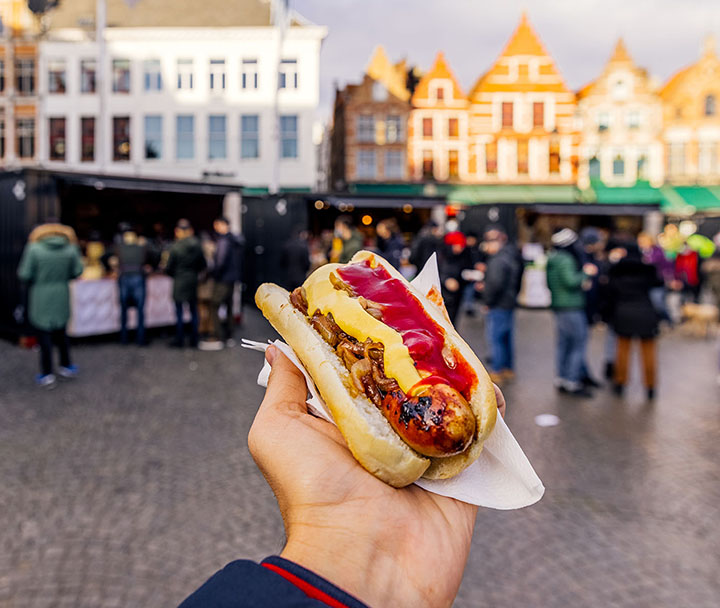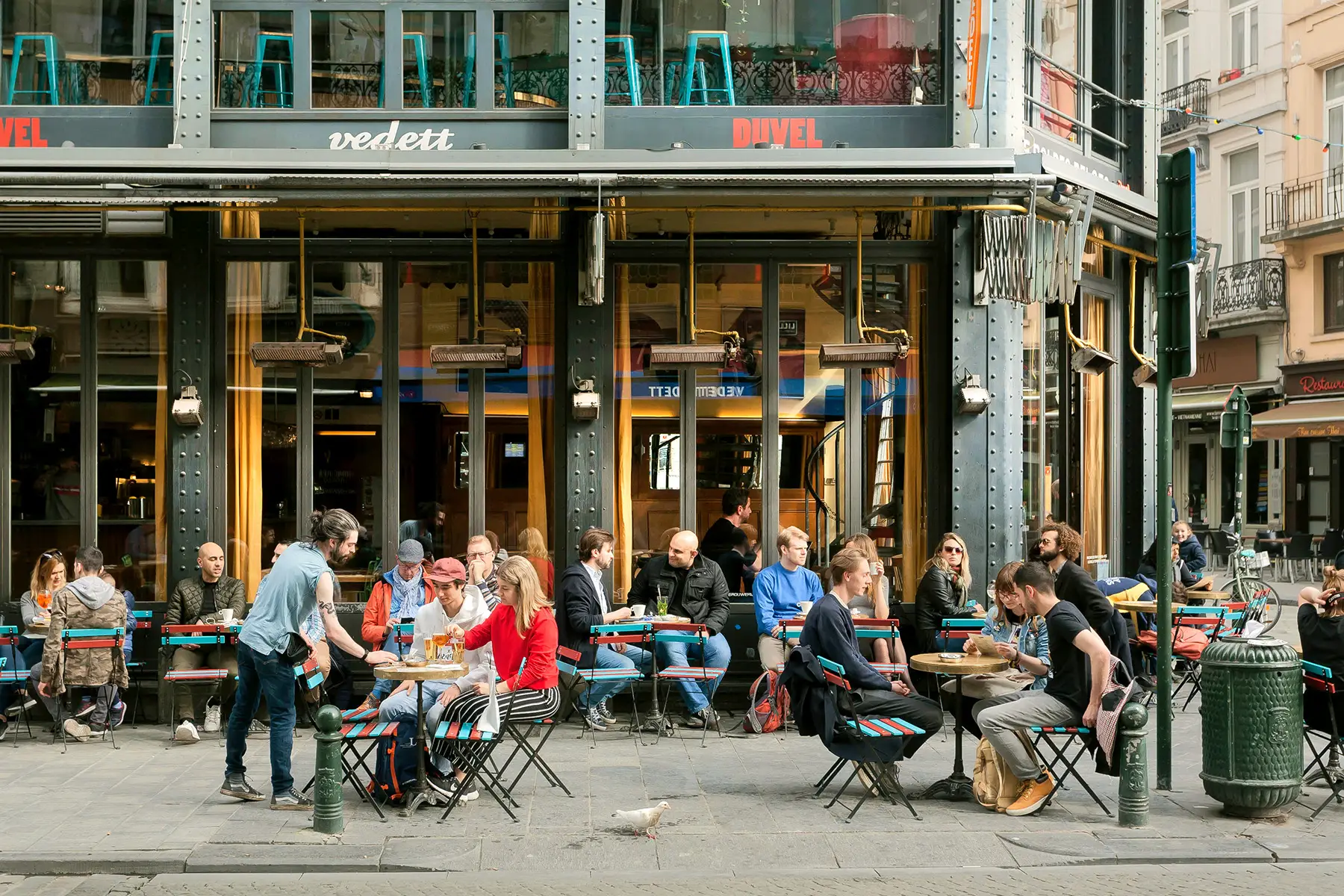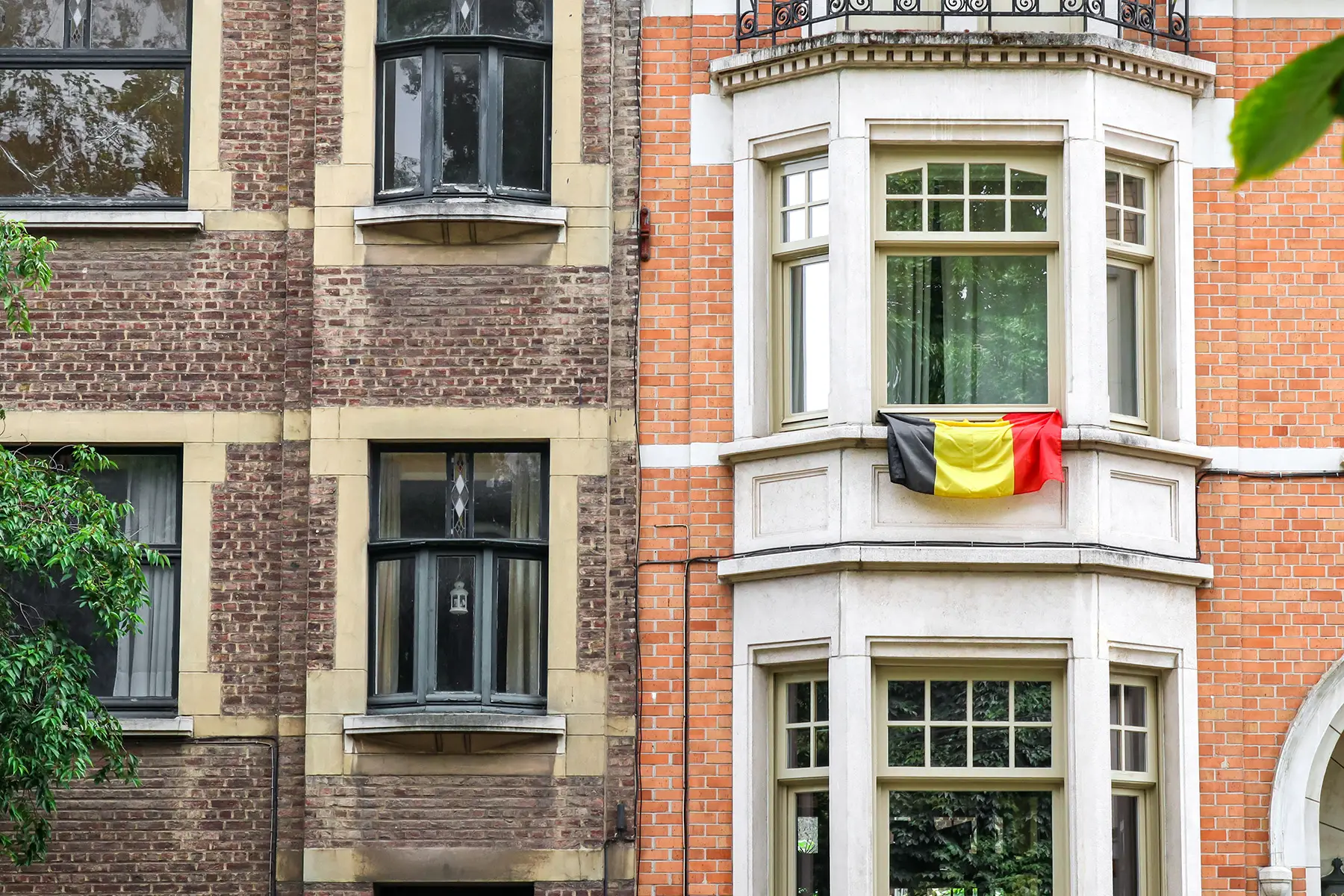Beer and multilingualism in the political heart of Europe
Expatica Belgium
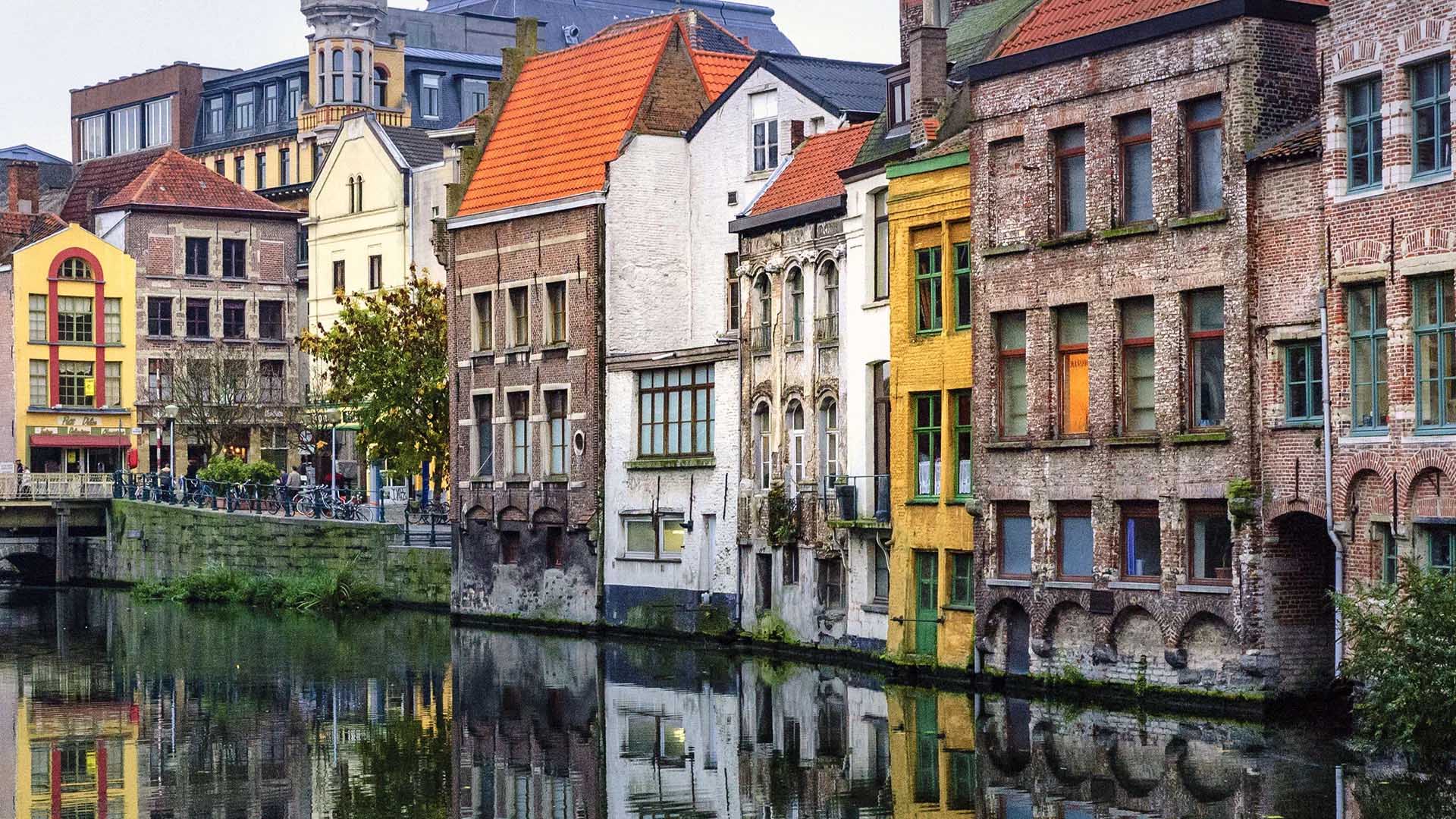
Explore
Editor's picks
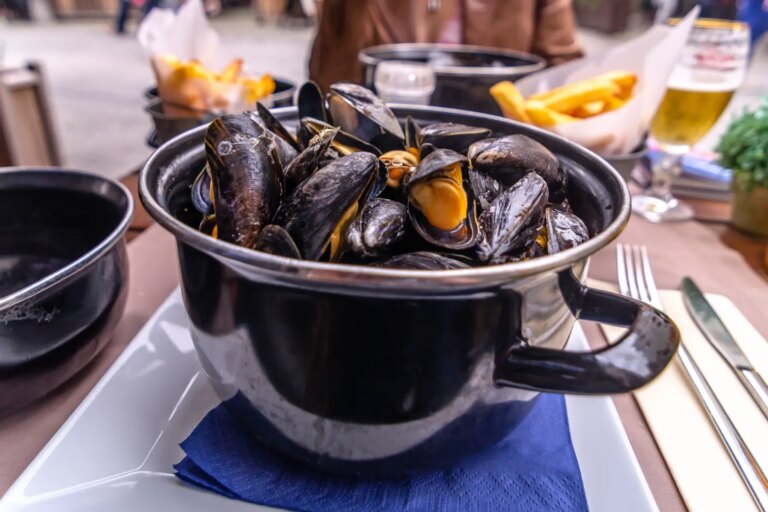
Belgian cuisine: a complete guide to dining in style
Prepare to indulge your taste buds with the ultimate culinary treat as we delve into the delectable and diverse world of Belgian cuisine.
Read More

Dating in Belgium: finding love as an expat
Belgium is synonymous with chocolate and waffles, but is the dating scene also that sweet? Here’s what to expect when looking for love.
Read More
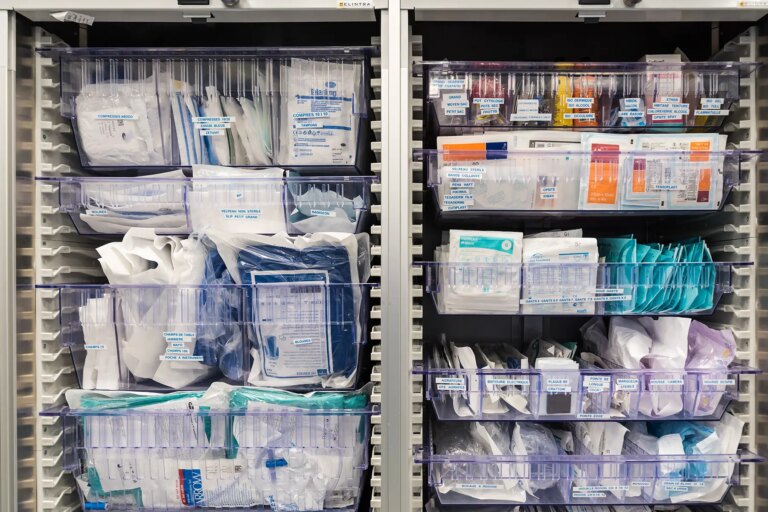
Guide to getting health insurance in Belgium
Health insurance is a must in Belgium, but it doesn’t have to be a headache. Here’s how expats can get covered (and what it costs) in 2025.
Read More
Expat tools
Make your expat journey easier with our handy tools
Job search
Looking for work? Search our job postings to discover a position suited to your talents
Read more
